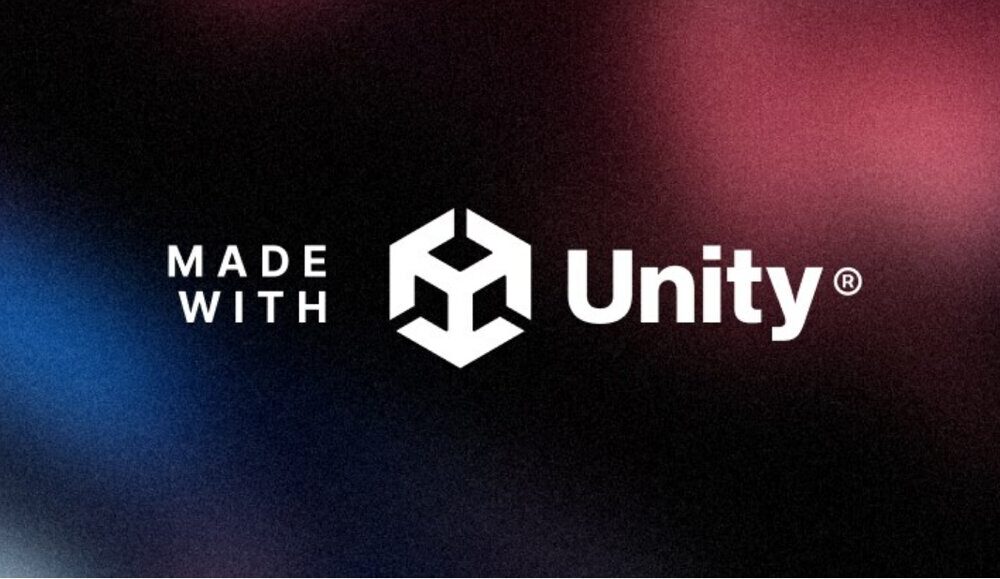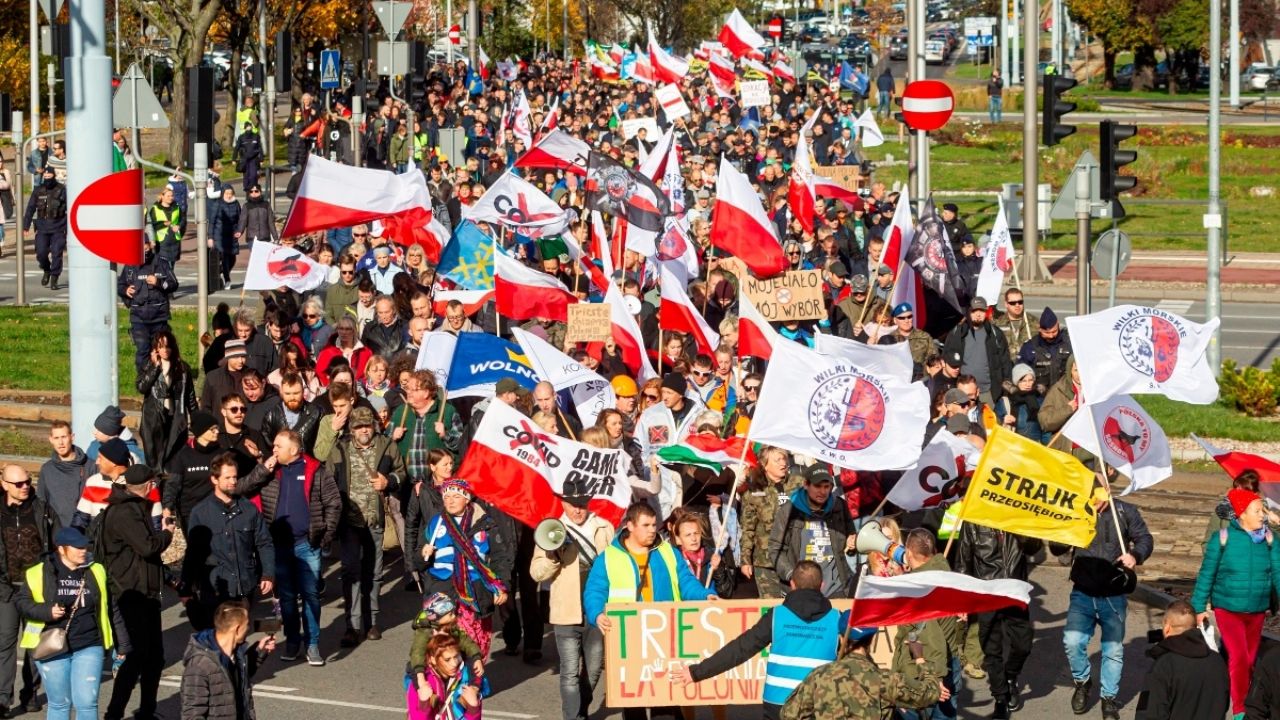
Unity, one of the most popular video game engines today, has caused enormous anger this week among the game development community due to a rather radical, and unilateral, change in its pricing policy and structure. The developers, in general, have become angry, because they consider that it harms them in a more than notable way.
According to the company, starting on January 1, 2024, they will introduce a fee that will mean that every time an end user downloads and installs a game developed with their engine and that meets a series of requirements, the company that developed it will have to pay an amount. Therefore, Unity will now have a pay-per-download model.
The reasons that Unity has given for choosing this system is that «every time a game is downloaded, the Unity runtime is installed as well«. They also do it because they point out that a base fee focused on the installation “allows creators to continue earning from player engagement, which doesn’t happen through revenue sharing«.
Unity has also explained in considerable detail how the program will work, and pointed out that before a game begins to be charged these new fees, it has to achieve a certain level of income, and a specific download quota. This fee is variable depending on the subscription plan that each developer has contracted and pays.
These fees will also depend on where a game is purchased, which means that if it is purchased in markets such as the United States, the United Kingdom or the EU, among others, the fee that the game developer will have to pay will be higher than if the discharge occurs in emerging markets, such as India. On the other hand, Unity has clarified that it will only charge developers based on the download and installation activity of each title starting January 1, 2024.
The developers are not at all happy with this change, and point out that above all it will harm independent developers, those who work alone, those who are part of marginal communities and those who develop for mobile phones. Furthermore, they claim that they will not take into account whether a game is pirated or not. It will be enough for it to be installed for them to have to pay a fee for it. It is also not taken into account whether one download can lead to multiple installations. Each of them will have its own quota, even if it is only downloaded once.
It was also unclear whether games offered to subscription services like Game Pass were affected by this new pricing policy. In addition, the developers alleged that downloads and installations could be subject to the actions of malicious assets that installed the game over and over again and generated multiple charges for the developer.
NEW – I got a major update from Unity about their new fees
– Unity “regrouped” and now says ONLY the initial installation of a game triggers a fee
– Demos mostly won’t trigger fees
– Devs not on the hook for Game PassMore here:https://t.co/GCKjEeFtYR
— Stephen Totilo (@stephentotilo) September 13, 2023
During the first hours, confusion among the video game developer community was increasing, although some doubts were soon clarified. According to Marc Whitten, a company director, Unity will charge only for the initial installation of a game, although an additional amount will be charged if installed on a second device. He also assured that game demos will not count as game installations and will not generate fees, and that there will be no charge for titles used through Game Pass, given that in this case the fees are charged to distributors, such as Microsoft.
More anger and disappearance of cheaper plans
Despite the clarifications, the developers’ anger was increasing. Not only because they had not been counted on, but also because of a change to a system that they did not choose when they began developing the titles they are currently working on. They have not had the option to refuse this, and many already have their games weeks or a few months away from being released on the market, for which they will have to pay fees that they did not count on when they started working.
They also feel trapped, because it is not easy to remake an entire game, or one with an advanced level of development, in a different engine. Some have been developing for years, and would not be able to make the change in a short period, which would lead to notable delays in their release date if they decide to stop using Unity as an engine and use another.
Another of the changes that has generated the most complaints is a new fee structure that, in addition to charging for each installation of a game, eliminates the cheapest plans and forces developers to contract other more expensive plans. So, Unity will no longer offer its Unity Plus subscription plan, a change effective immediately.
Those who had it contracted will receive a message in the middle of next month to subscribe to Unity Pro for one year at the price of their Unity Plus plan. After that year, it is almost certain that they will have to pay the full Unity Pro fee. Therefore, They will go from paying about 400 dollars per year to more than 2,000 annually.
Furthermore, developers also fear that this new installment plan will have a lot of impact on the efforts that developers make to continue maintaining older games. They may stop doing them now, because they will be charged for each installation they have from the beginning of 2024. Also raising questions is the system that Unity will put in place to track installations and downloads, since they are not quite sure if they comply with certain laws of privacy.
Threats and temporary office closures
Far from calming down, as the hours passed, tempers became even more heated, to the point where threats began to be made. According to Bloomberg, yesterday Thursday the company canceled a management meeting with company employees because they had received threats that they could consider credible.
He Unity CEO John Riccitiello, also decided to close two of the company’s two offices temporarily. For now, the source of the threats is unknown, while independent developers protest on networks and in all the spaces they can, as they point out that the changes harm their low profit margins, in addition to damaging the confidence they have in the engine. Many have threatened to never use Unity again, and are encouraging players to pay but not install their games to avoid having to pay new fees.
Riccitiello is one of the main figures in the controversy, since many see him as the cause of the adoption of this new model. He was the CEO of Electronic Arts when the controversial loot box monetization system was added to FIFA 09, and he made quite a few headlines for calling developers “damn idiots” for their reluctance to adopt monetization schemes at an earlier level of development. Not to mention that he intended to charge Battlefield players a dollar to reload their weapons.
Unity CEO John Riccitiello was EA CEO when FIFA 09 launched with loot boxes. Last year he said devs making games without monetization in mind are “fucking idiots.” In an EA stockholder meeting I entertained the idea of charging $1 to reload an ammo clip in Battlefield. https://t.co/lZlO37giVf
— Tom Warren (@tomwarren) September 13, 2023
Furthermore, before announcing the change in monetization scheme, Riticciello sold 2,000 Unity shares, probably knowing that after the announcement his company’s shares would go down. remarkably, as has happened.
Meanwhile, in Unity there are messages trying to clarify the new monetization plans, pointing out that games that are included in charity packages will not be included, and that there will be programs to protect against fraud or malicious activities. They believe that their new plans will only affect 10% of their users, but the developers seem to have a very different opinion.
The controversy does not stop growing, and personalities indirectly related to the sector, specialized media and even rival engines to Unity have criticized its changes. For now it is unknown if the company will reverse the changes it has announced, but even if it does, without a doubt the damage that its image has received has been done, and the loss of confidence of the developers is total.



